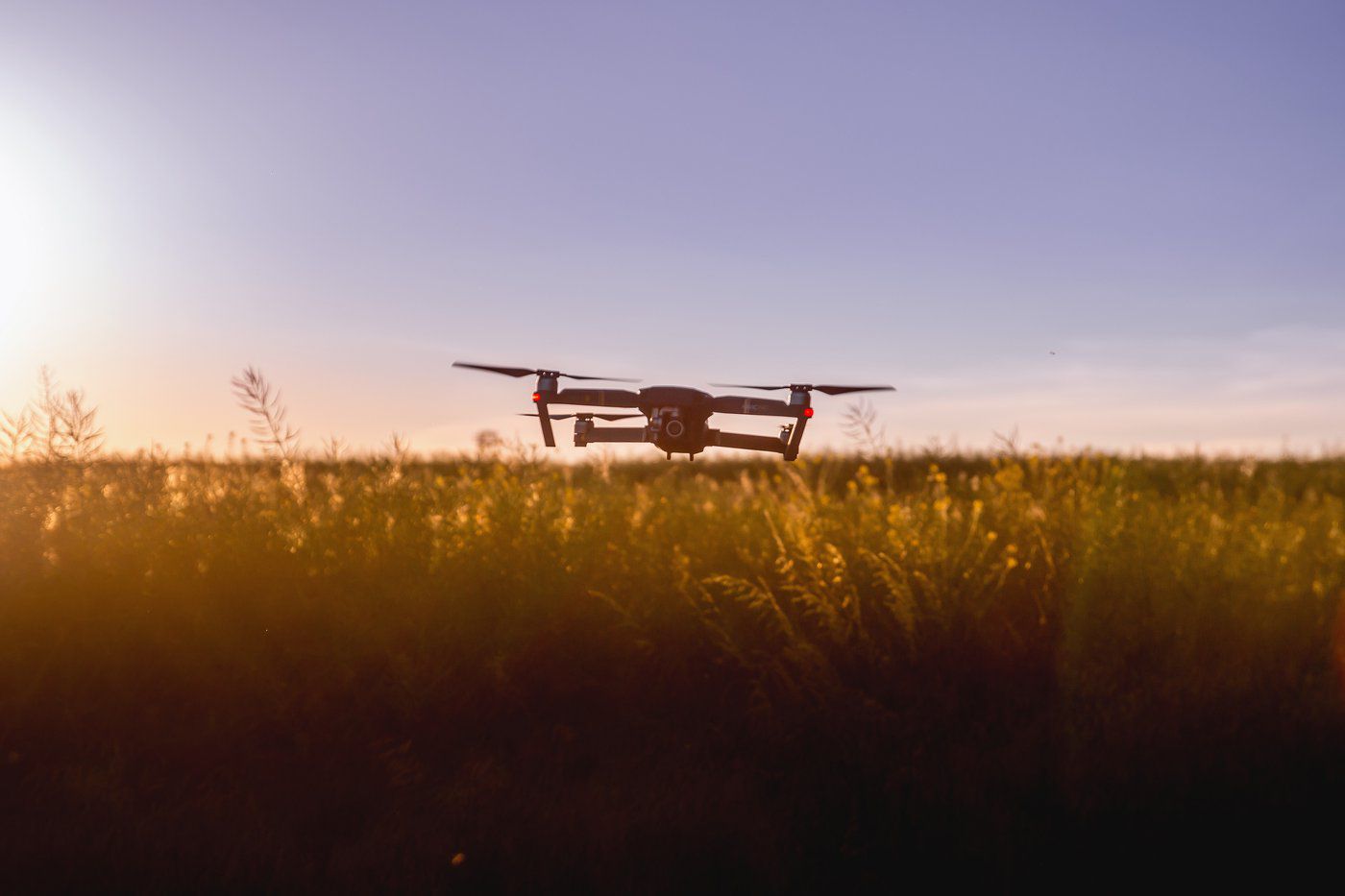By Rabiya Abbasi
ALBERTA, July 1 – With cornstalks swaying on a gentle breeze and cattle in quiet contemplation of the cud, a farm would not seem to be a hotbed of revolution.
But make no mistake, agriculture is squarely in the midst of the fourth industrial revolution. Emergent, game-changing technologies are driving economic, environmental, and social change in the global food system.
And in the face of rising hunger, populations and a changing climate, everyone from policymakers to billionaires is paying attention.
The United States’ Association of Equipment Manufacturers published a study in February 2022 investigating how new technologies might help farmers do more with less.
On average, new technology triallers achieved a 4 per cent increase in crop production, 7 per cent reduction in fertiliser use, 9 per cent reduction in herbicide use, 6 per cent reduction in fossil fuel use, and 4 per cent reduction in water use.
Farmers are applying Internet of Things (IoT) technology to track crops remotely, using sensors to detect weed growth, water levels and pest invasion. And we’re not only seeing this on traditional farmlands.
Farm66, located inside a Hong Kong skyscraper, is using IoT to help manage a 2,000-square-metre indoor farm. The IoT-enabled agricultural industry is estimated to reach US$4.5 billion by 2025.
In China, drones are being used to survey 20 million hectares of cotton, providing insights into pest protection, fertiliser and herbicide application, irrigation, and harvest timing to drive productivity.
Meanwhile, AI and machine learning are being deployed across Australia’s changeable environment to predict weather conditions, temperature, water usage and soil conditions.
Big Data has enormous potential to radicalise the industry by reducing future variables and uncertainty. Relying on cloud computing to analyse massive data sets, farmers are able to closely monitor environmental conditions in real-time.
By 2025, the agricultural Big Data market alone is estimated to hit US$1.4 billion.
The promise of enhanced profitability is causing quite a stir in the private sector. Agritech startups have grown by more than 80 percent since 2012.
Amazon’s Jeff Bezos and tech billionaire Eric Schmidt are getting on board.
Along with the world’s largest technology-focused investment fund, they are injecting around US$200 million into vertical indoor farming startup ‘Plenty’. Bill Gates and Richard Branson, along with food conglomerate Cargill, are also making a play.
But is the ‘promise of precision’ being overhyped in the rush towards ever-more sophisticated technologies?
The history of agricultural modernisation strongly suggests that increased productivity carries potential risks, including intensifying social inequality and ecological degradation. Either way, a pursuit of high-tech farming futures will lead to a unique set of both positive and negative consequences.
Challenges include rising digital inequality, access to energy and other resources, varying laws and regulations, data interoperability and security concerns — smart farms are hackable farms. And with big corporations collecting and selling data from farmers, escalating tensions over data misuse is a considerable threat.
Agriculture globally faces a “perfect storm” of a rapidly growing population demanding more kilojoules per day, amid considerable environmental challenges, whilst needing to maintain livelihoods on 570 million farms worldwide, the bulk of them family enterprises.
If integrated correctly, new technologies can enhance crop yields, reduce production costs, improve the traceability of food, eliminate unnecessary waste and detect diseases in advance.
But harnessing Agriculture 4.0’s full value won’t be easy. Industry, research, government and commercial groups must work together to remove legal barriers, improve digital literacy and access, and enable platforms to better exchange secure data.
Agriculture may have been some of human’s earliest technological steps, but it will take the full suite of human ingenuity to ensure they continue.
Rabiya Abbasi is an AI researcher, data scientist, mechatronics engineer and entrepreneur.
Article courtesy of 360info.








